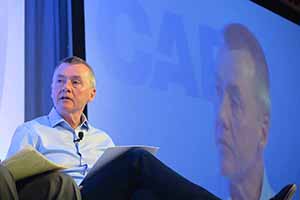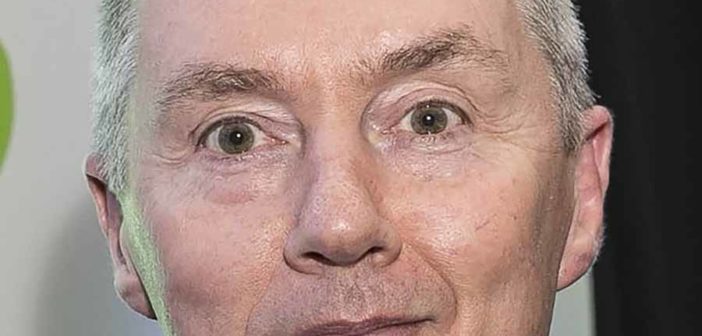
The International Air Transport Association’s (IATA) has released more details of their net zero by 20250 campaign and called on governments to implement more supportive policies to enable aviation’s decarbonisation. At the third conference on aviation alternative fuels (CAAF/3) hosted by the International Civil Aviation Organisation (ICAO) in Dubai,
Agreements delivered at CAAF/3:
- a global framework to promote Sustainable Aviation Fuel (SAF) production worldwide.
- capacity building thrugh a “Finvest Hub,”
- voluntary technology transfer to ensure inclusiveness in the global SAF market and allow all countries to participate.
IATA urged governments to urgently implement strong policies that can unlock the full potential of a global SAF market, given the increasing demand from airlines to align with their commitment to achieve net-zero carbon emissions by 2050.
IATA also stressed the importance of positive, non-punitive policies, maximizing local feedstock availability, and recognizing the collective responsibility of the whole aviation value chain and governments in achieving decarbonisation.
Private investment will likely follow if governments take the lead by providing financial support.
IATA argued that some countries have the capacity to progress at a faster pace towards decarbonisation than others. The aim is for aviation fuel in 2030 to be 5pc less carbon intensive than the current fossil fuel used by the industry.
The Glasnevin born CEO of IATA Willie Walsh said “we need to see governments acting on the CAAF/3 declaration with policies that expand SAF production in all its shapes and forms. Despite unequivocal demand signals, the SAF production market is not developing fast enough. We need SAF everywhere in the world, and to that end, the right supportive policies – policies that can stimulate production, promote competition, foster innovation, and attract financing – must be put in place today”,




